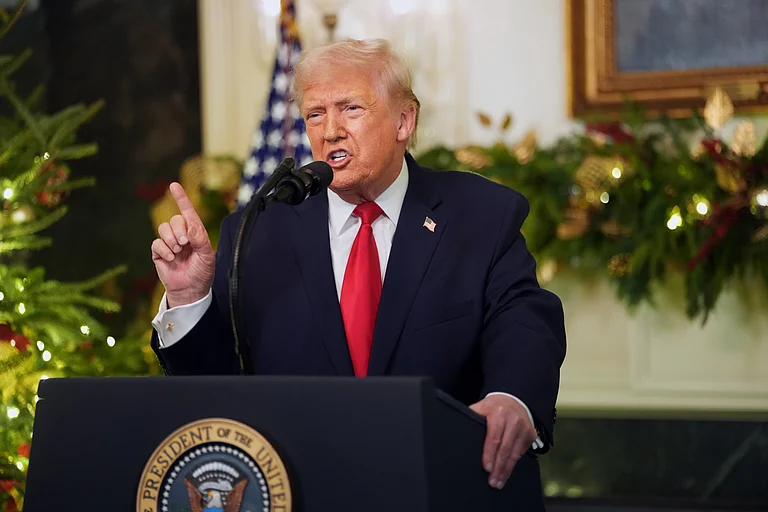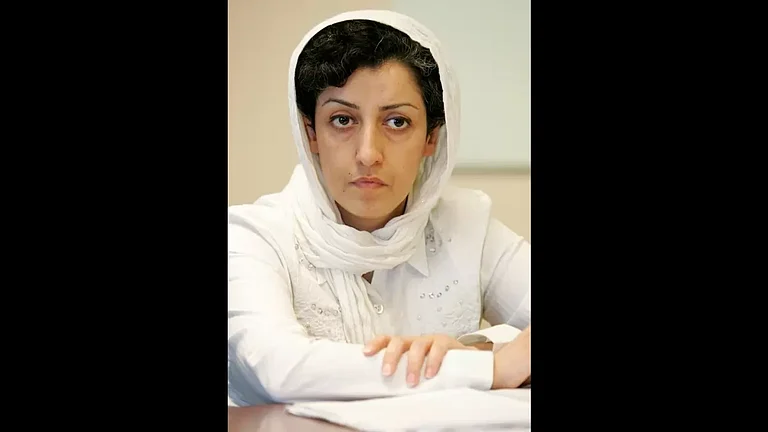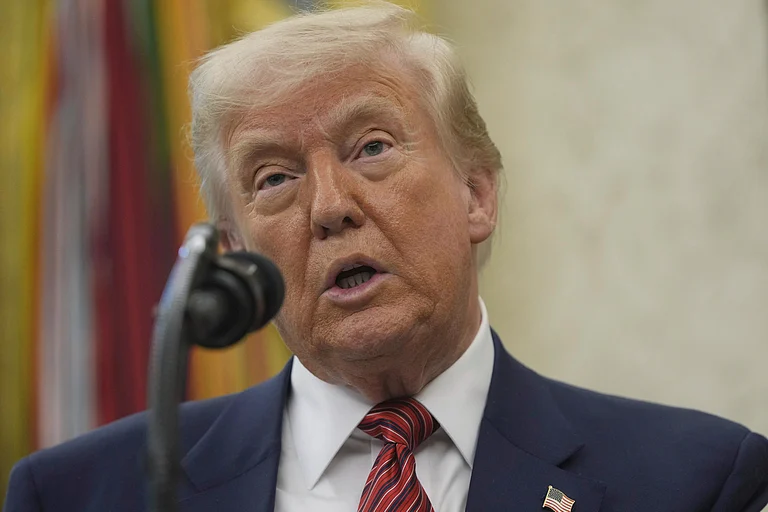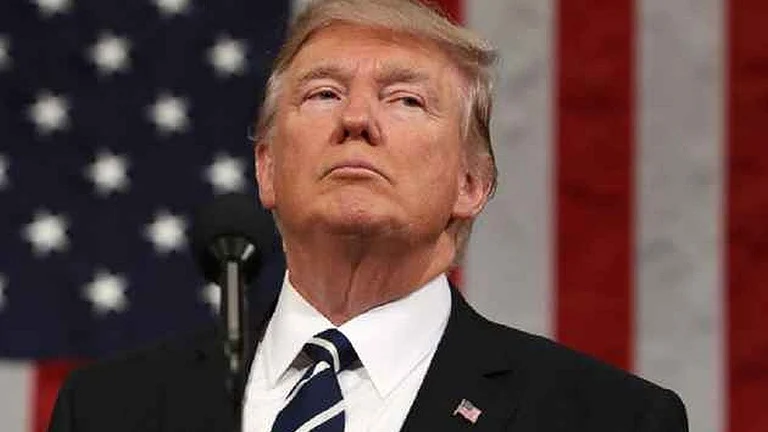
Summary of this article
Shehbaz Sharif claims Pakistan shot down seven Indian aircraft in May and seeks peace.
Pakistan nominates Donald Trump for Nobel Peace Prize for facilitating the ceasefire.
Sharif raises India’s suspension of the Indus Water Treaty following Pahalgam attack.
Pakistan Prime Minister Shehbaz Sharif claimed on Friday that Pakistan shot down seven Indian aircraft during May's Operation Sindoor. Addressing the United Nations General Assembly, Sharif stated, "Pakistan won the war, and now we seek to win peace," according to the Indian Express.
Sharif lauded former U.S. President Donald Trump, describing him as a "man of peace," and nominated him for the Nobel Peace Prize for facilitating the ceasefire between India and Pakistan. "Though in a position of strength, Pakistan agreed to a ceasefire facilitated by President Trump's bold and vigorous leadership. We express our deep appreciation to him and his team for their active role in bringing about the ceasefire," Sharif said, as reported by the Indian Express.
These remarks contradict India's position, which maintains that the ceasefire was agreed upon between the Director Generals of Military Operations (DGMOs) of both countries without the involvement of any other leader.
Sharif also raised the issue of the Indus Water Treaty, which India suspended following the Pahalgam terror attack in April that killed 26 people. He described India's action as a violation of the treaty and international law, warning that Pakistan would defend its rights over the water system. "India's unilateral and illegal attempt to hold the Indus Water Treaty in abeyance defies the provisions of the treaty itself as well as the norms of international law. Pakistan has made it abundantly clear that we will defend the inseparable right of our people on these waters. To us, any violation of the treaty represents an act of war," Sharif said, according to the Indian Express.
The Indus Waters Treaty, signed in September 1960 and brokered by the World Bank, allocates control of the waters of the Ravi, Beas, and Sutlej rivers to India, and the waters of the Indus, Jhelum, and Chenab rivers to Pakistan. The treaty has remained in force despite multiple conflicts, though it has faced criticism in India over perceived inequities in water allocation.
India's Response
In a sharp rebuttal, India dismissed Sharif's claims as "absurd theatrics," with First Secretary Petal Gahlot stating that "no degree of drama and no level of lies can conceal facts," according to the Times of India. Gahlot accused Pakistan of glorifying terrorism and reminded the international community of Pakistan's history of sheltering terrorists, including Osama bin Laden. She also highlighted Pakistan's shielding of the Resistance Front, a Pakistan-backed terror outfit, at the UN Security Council in April, exposing Islamabad's duplicity. India also rejected Sharif's assertions regarding Operation Sindoor, labelling them as "bizarre."
The Indian government criticized Sharif's interpretation of events, especially his suggestion that damage to infrastructure, such as destroyed runways, signifies a form of victory. India emphasized that such statements distort reality and reflect a misguided narrative. In its response, India reiterated its longstanding demand that Pakistan take concrete action against terrorism by handing over wanted terrorists who are reportedly residing within its borders, the Times of India reported.
(With inputs from Indian Express and Times Of India)

























